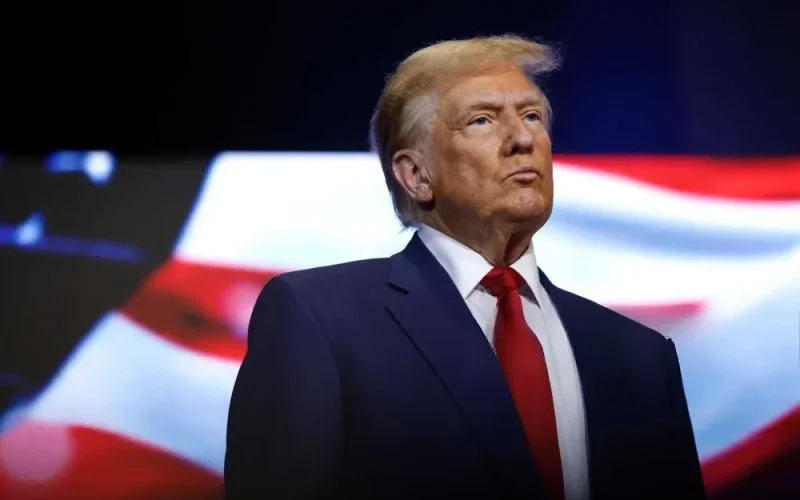Climate-focused non-profit organisations in the United States are preparing for possible executive action by President Donald Trump that could target their tax-exempt status, potentially as early as this week.
In recent days, environmental groups have been exchanging internal memos warning of anticipated moves by Trump, including changes to Internal Revenue Service (IRS) rules that could strip climate change from the list of recognised charitable causes. There are also concerns that any future directive could block the use of US government grants for international climate work.
The fears stem from Trump’s recent criticism of Harvard University’s charitable status, viewed by many as a test case for a broader crackdown on so-called 501(c)(3) organisations—non-profits that are exempt from federal income tax under the US tax code.
On Friday, the American Civil Liberties Union (ACLU) and Public Citizen convened a virtual meeting with non-profits to discuss how they might respond. The session, which reached its 5,000-person capacity, reflects widespread anxiety within the sector.
Legal experts have sought to calm nerves. Political law firm Sandler Reiff issued a memo to philanthropic clients stating that any such executive order would lack legal basis. “The President does not have the ability to unilaterally revoke any organisation’s tax-exempt status,” the memo stated.
Since returning to the political stage, Trump has made repeated moves to challenge environmental protections, halt funding for climate science, and roll back support for clean energy. His administration previously faced criticism for undermining environmental standards and promoting fossil fuels.
Last week, Trump posted on social media that he was considering whether to revoke Harvard’s tax-exempt status, intensifying concerns among environmental groups and philanthropic organisations that further actions targeting climate charities could follow.
Major foundations have responded with defiance. The MacArthur Foundation, which holds assets of around $8 billion, announced plans to distribute an additional $150 million in charitable giving over the next two years. “Drop whatever restrictions we think we can drop. Give gifts wherever we can,” said the foundation’s president, John Palfrey, addressing a gathering of philanthropic leaders in the UK.
Harvard Law School professor Lawrence Lessig also cast doubt on the legality of any such executive order. “There is no chance that a court would conclude that Trump has the power to change the tax status of any organisation, absent an investigation beginning before Trump targeted the organisation, that determined the organisation had violated the law,” he said.
While any move by Trump may ultimately face significant legal and political hurdles, US climate non-profits are preparing for a potential escalation in efforts to limit their work both domestically and abroad.





















